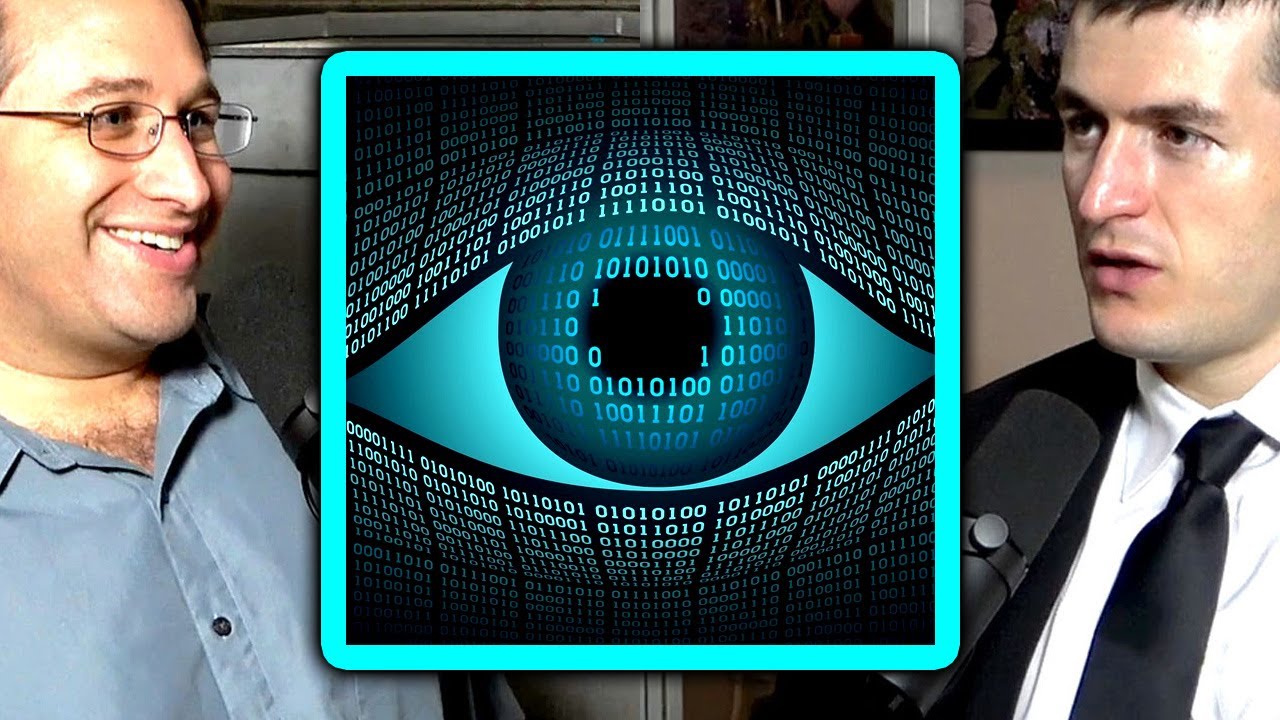ManOfAllCreation
Steven Pinker suggests it might be a good idea to stop racializing political issues. Pinker is a cognitive psychologist at Harvard University and the author of the new bestselling book “Enlightenment Now: The Case for Reason, Science, Humanism, and Progress.
Source: https://www.youtube.com/watch?v=vK3mm8P21ao
Support Dave’s Show: https://www.patreon.com/rubinreport
Source



Manofallcreation how old are you
Cool. I'd to see more of this young fella.
Why is it always "Left Wing" vs "Right Wing"?
LET'S FACE IT PUBLIC DISCOURSE ON TV WHERE PEOPLE TALK AT YOU. ALSO, TV PROGRAMING IS
EXPENSIVE AND THE ADVERTISERS WANT TO REACH THE LARGEST AUDIENCE WHICH BEGAN IN THE
EARY 1970IES. IF YOU LOOK AT THE LEVEL OF INTELLECTUAL HEIRARCHES ALL BUT TWO OF THE 6 RELATE SEEING SIMILARITIES BTWN DIFFERENCES. PSYCHOLOGICALLY WE ARE GEARED TO REJECT WHAT WE DON'T LIKE OR DON'T IDENIFY WITH. LISTEN TO YOURSELF WHEN YOU SHOP FOR AN APARTMENT OR A CAR, YOU TALK ABOUT WHAT YOU DON'T LIKE. SO IDENTITY POLITICS IS PEOPLE TRYING TO SELL SOMETHING TO THE LOWEST DOMAIN OF INTELLIGENCE IN OUR SOCIETY. I DON'T THINK THAT IS SO HARD TO FIGURE OUT, DO YOU?
Bloom's Taxonomy of Learning Domains: The Cognitive Domain
http://www.nwlink.com/~donclark/hrd/bloom.html
Table of the Revised Cognitive Domain
Category
Examples, key words (verbs), and technologies for learning (activities)
Remembering: Recall or retrieve previous learned information.
Examples: Recite a policy. Quote prices from memory to a customer. Recite the safety rules.
Key Words: defines, describes, identifies, knows, labels, lists, matches, names, outlines, recalls, recognizes, reproduces, selects, states
Technologies: book marking, flash cards, rote learning based on repetition, reading
Understanding: Comprehending the meaning, translation, interpolation, and interpretation of instructions and problems. State a problem in one's own words.
Examples: Rewrite the principles of test writing. Explain in one's own words the steps for performing a complex task. Translate an equation into a computer spreadsheet.
Key Words: comprehends, converts, defends, distinguishes, estimates, explains, extends, generalizes, gives an example, infers, interprets, paraphrases, predicts, rewrites, summarizes, translates
Technologies: create an analogy, participating in cooperative learning, taking notes, storytelling, Internet search
Applying: Use a concept in a new situation or unprompted use of an abstraction. Applies what was learned in the classroom into novel situations in the work place.
Examples: Use a manual to calculate an employee's vacation time. Apply laws of statistics to evaluate the reliability of a written test.
Key Words: applies, changes, computes, constructs, demonstrates, discovers, manipulates, modifies, operates, predicts, prepares, produces, relates, shows, solves, uses
Technologies: collaborative learning, create a process, blog, practice
Analyzing: Separates material or concepts into component parts so that its organizational structure may be understood. Distinguishes between facts and inferences.
Examples: Troubleshoot a piece of equipment by using logical deduction. Recognize logical fallacies in reasoning. Gathers information from a department and selects the required tasks for training.
Key Words: analyzes, breaks down, compares, contrasts, diagrams, deconstructs, differentiates, discriminates, distinguishes, identifies, illustrates, infers, outlines, relates, selects, separates
Technologies: Fishbowls, debating, questioning what happened, run a test
Evaluating: Make judgments about the value of ideas or materials.
Examples: Select the most effective solution. Hire the most qualified candidate. Explain and justify a new budget.
Key Words: appraises, compares, concludes, contrasts, criticizes, critiques, defends, describes, discriminates, evaluates, explains, interprets, justifies, relates, summarizes, supports
Technologies: survey, blogging
Creating: Builds a structure or pattern from diverse elements. Put parts together to form a whole, with emphasis on creating a new meaning or structure.
Examples: Write a company operations or process manual. Design a machine to perform a specific task. Integrates training from several sources to solve a problem. Revises and process to improve the outcome.
Key Words: categorizes, combines, compiles, composes, creates, devises, designs, explains, generates, modifies, organizes, plans, rearranges, reconstructs, relates, reorganizes, revises, rewrites, summarizes, tells, writes
Technologies: Create a new model, write an essay, network with others
What was this nonsense editing at the end ?
No Steven, everything IS about race. Unless you realise this, the other groups who do will remain ahead.